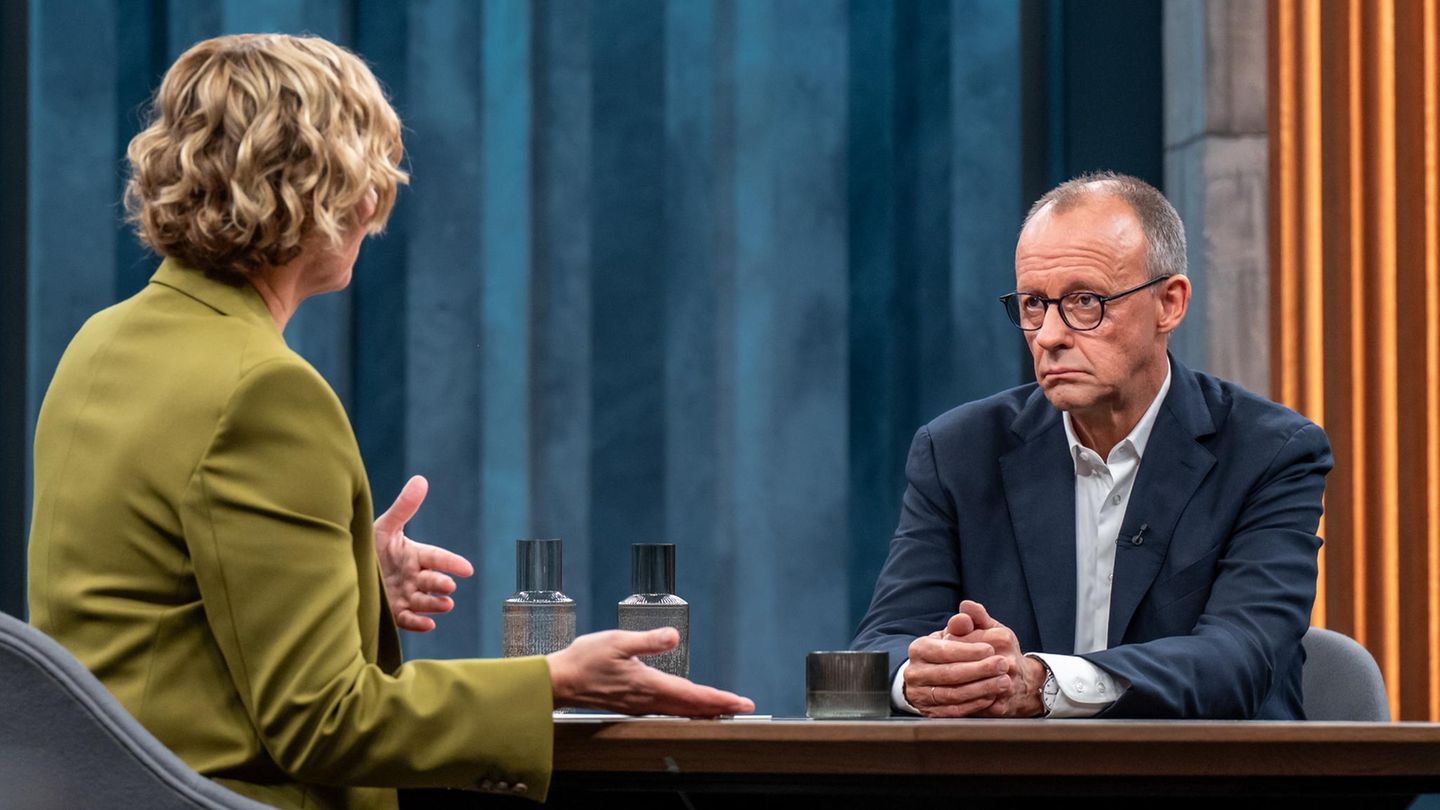Image: colourbox.de
E-mails, SMS and WhatsApp messages are better for the mind than video chats and video conferences – at least according to a study by the Karl Landsteiner Private University for Health Sciences in Krems. This analyzed digital forms of communication during the corona pandemic. 411 participants were interviewed.
Many felt that there was a lack of personal communication in the home office era. The comparison of the different digital communication channels surprised even the researchers. Intuitively, one assumed that the video conferences enriched with facial expressions, gestures and eye contacts were “better for the mind” than typing on the keyboard, it is said. But the opposite seems to be the case. “Using a special statistical model, we were able to show that e-mails, SMS or WhatsApp were better for the mental well-being of the study participants than video chats and video conferences,” says David Willinger, researcher in the Department of Psychological Methods.
The result is consistent with other current evaluations. Experts are currently discussing so-called “zoom fatigue”, i.e. exhaustion from video conferences. Experts suspect several possible causes: broadcast appearance, unusually long eye contacts, oversized facial images due to large monitors, camera positions that create an intimidating overhead view, or cognitive problems due to technical delays in sound-image synchronicity.
interpersonal contact
“The results of our comprehensive study are clear,” says Willinger. Digital text communication has more positive effects on mental health than video chat or video conferencing.
In general, however, personal and interpersonal contacts are even more beneficial. Willinger: “The study participants felt better mentally on those days when they had more face-to-face conversations.”
Source: Nachrichten




